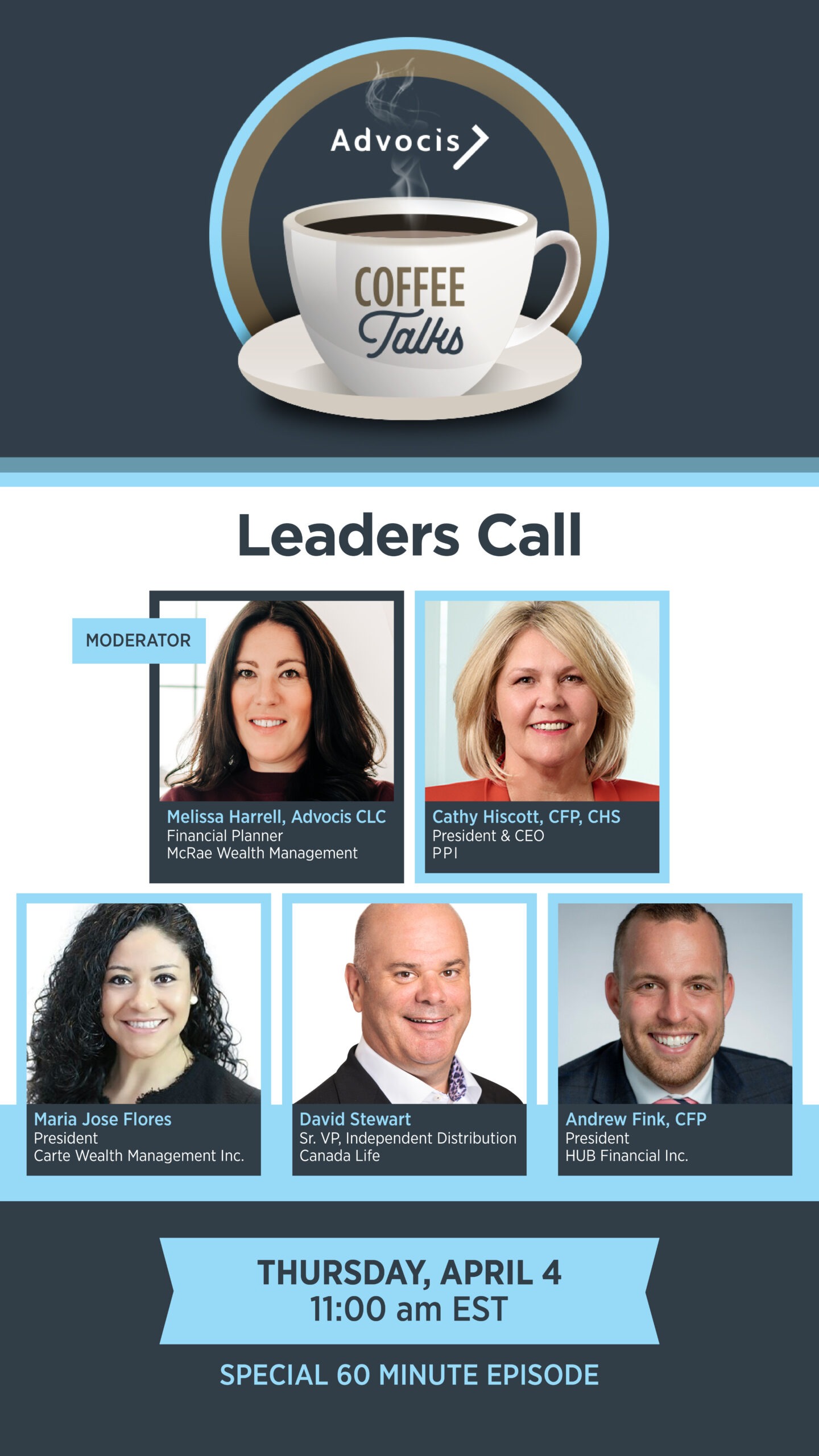By Erin Bury
The world is full of uncertainty and anxiety right now, with most people practising social distancing, companies going fully remote, and professions like financial planners moving to a completely virtual client engagement model. There isn’t a lot you can tell your clients right now about the markets, but there is one area you can help them navigate: estate planning.
For most people, tasks like getting a will, creating power of attorney documents, collecting key info for executors, and discussing end-of-life funeral and burial wishes get pushed down the to-do list. It’s natural for people to procrastinate on these tasks even though you remind them every time they’re in your office — after all, clients don’t know the deadline for when their family is going to need these documents. In fact research from Willful and AngusReid shows that 57% of Canadian adults don’t have a will, and 10% of existing wills are out-of-date due to a life change.
During a pandemic, clients naturally start to think about those “what-if” scenarios, and there’s more of a sense of urgency about getting a solid plan in place. Put another way, what used to be at the bottom of the to-do list suddenly rises to the top. Knowing estate planning is a sensitive subject in general, never mind during a pandemic, here are a few tips for broaching an estate planning discussion with your clients.
Play to their peace of mind
It’s easy to use fear to motivate people to complete their will — highlighting what happened when a celebrity like Prince died without a will, or using pandemic death rates to highlight the necessity. But this is only going to stress clients out more. So instead of using fear, focus more on legacy and peace of mind. The message should be that we didn’t expect to be in the middle of a pandemic, which shows that it’s important to plan for the unexpected. Knowing clients are also spending more time at home, you can speak to the extra time they may be saving not commuting or going to social events — taking even two hours of that extra time to finish their will and get their documents sorted would lift a weight off their shoulders and reduce anxiety.
Help them respect social distancing by using online tools
When respecting social distancing, clients can’t just go to a lawyer’s office to complete these documents. As long as your clients have a simple life situation (pets, kids, spouse, Canadian assets, property), they’re likely a good fit for an online will platform. Platforms like these have made it simple to create wills and power of attorney documents online, with no need for in-person visits. They also feature robust education centres, so even if clients aren’t ready to create their documents, they can learn more about things like choosing a guardian for their children. For clients who do have complex scenarios, many estate lawyers are offering mobile services to help clients who don’t want to come to their office.
Recognize the limits in the law
While online tools may help your clients create their documents, Canadian law still requires that wills and power of attorney documents are printed, signed, and witnessed offline. This can be difficult for anyone who is either practising social distancing, under quarantine, or has been diagnosed with COVID-19. For any clients who use an online will platform but don’t have a printer, you can offer to print and mail their documents to them. For anyone social distancing, you can recommend that they stay six feet away from their witnesses, and that they use their own pens to sign. And for anyone who can’t have contact with others, you can recommend they create a holographic will as an option — a handwritten will that only needs to be signed by them.
Go beyond discussing a will
So your client finally completes their will. That’s great, but it’s really only the tip of the iceberg when it comes to estate planning. Your clients should also be discussing funeral and burial wishes with their families, completing their power of attorney documents, reviewing the beneficiaries on any registered savings accounts and life insurance policies, storing policies alongside their will, and compiling a list of accounts — social media accounts, investments, bank accounts — that an executor would need to close up. Tools like QuickEstate and ExecutorDepot make it easier to compile that information so your client’s family has an easier time closing up their life.
Helping your client navigate an uncertain time is a huge value you can provide. Just make sure you use the discussion to motivate, not to add stress.
Erin Bury is the CEO at willful.co, an estate planning startup that provides an affordable, convenient, and easy way for Canadians to make a will online. Willful works with financial planners across Canada to help their clients get a solid estate plan in place.








